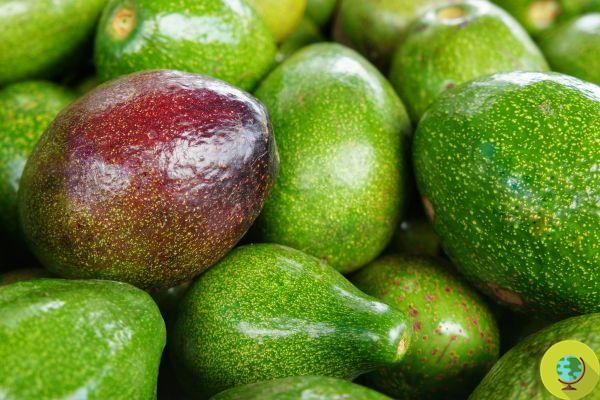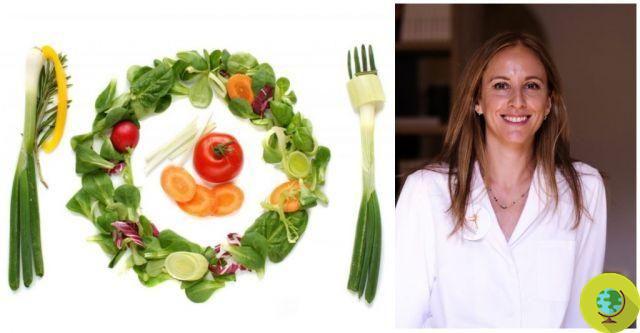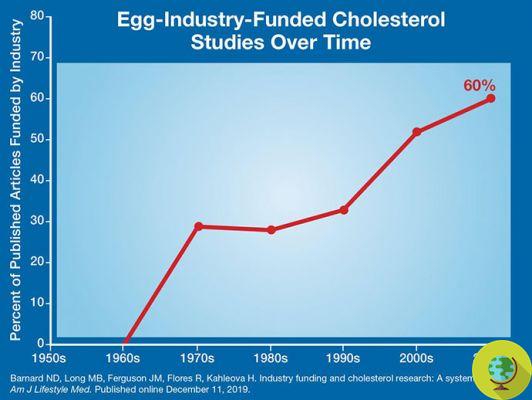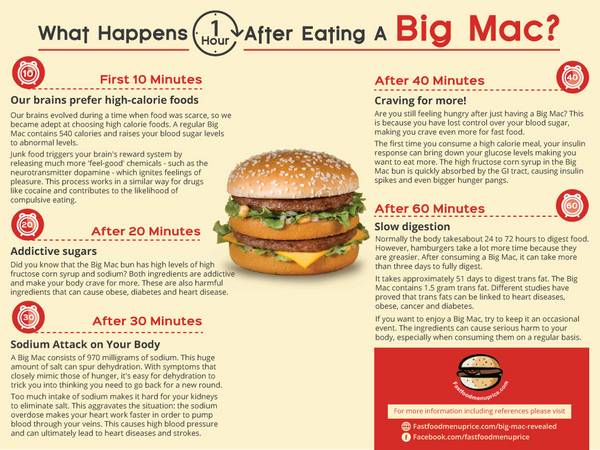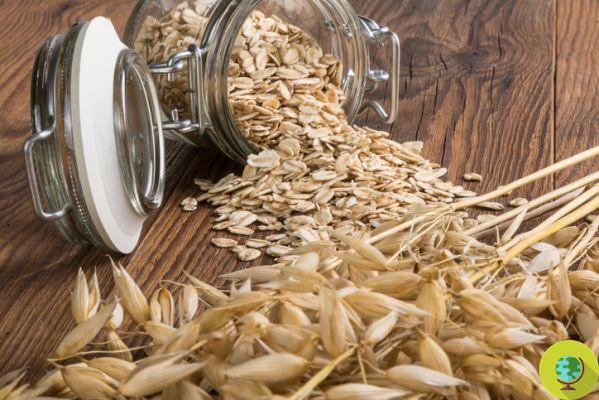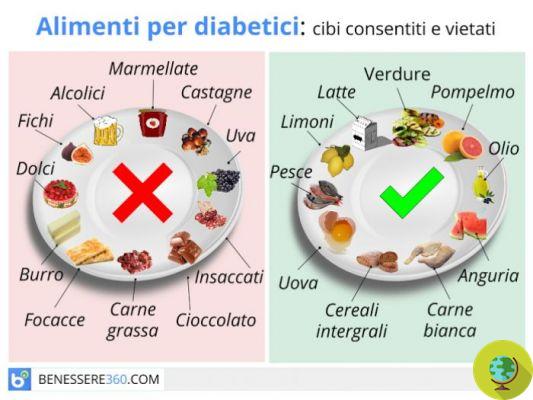
Little red meat, zero processed foods, lots of fruit and vegetables, plenty of legumes and oil seeds: here is the recipe for longevity confirmed by a new US study
Don't store avocado like this: it's dangerous
We are what we eat. Having this maxim in mind shouldn't surprise us though what we eat every day affects our present health and our future life expectancy: a diet low in red meat and processed products but rich in vegetables, fruit, legumes and cereals is the key to a longer and healthier life.
This is confirmed by a new US study, which demonstrates once again how healthy habits adopted by young people can make a difference in the long term: according to the researchers, those who change their diet from the age of 20 add up to ten years of life. in addition to his existence if he is a woman, and up to 13 years more if he is a man.
But let's not be discouraged if we are a little older than our youth - even older people will benefit more from the positive effects of a change in their diet. Even from the age of 60, a woman could add up to eight years to her life expectancy by starting to eat healthier and a man up to nine. If you start at 80, however, men and women could gain around three and a half years by changing their daily diet.
Abolishing or at least reducing fatty or processed foods from one's diet, in the long run, removes the risk of chronic diseases (such as hypertension, diabetes, obesity) and premature death - which results in a longer life expectancy. The study analyzed data from a database that collects information on the onset of diseases and the main causes of death in 204 countries around the world. Reading the data, it emerged that those who eat more legumes (beans, peas and lentils), whole grains but also dried fruit (such as walnuts, almonds, pistachios and hazelnuts) actually live longer.
(Read also: Processed and ultra-processed foods are a plague not only for your health, but also for the environment. The Lancet study)
It may seem easy to get more grains, fruits and vegetables into your diet, but that's not the case. According to a recent survey by the Centers for Disease Control and Prevention (CDC), there are still very few Americans who consume the recommended doses of fruit and vegetables every day: only 12% eat the right amount of fruit every day (2 cups) and only the 10% the right amount of vegetables and legumes (3 cups); in addition, more than half of the US population fails to get one teaspoon of the oilseeds recommended by nutritionists into their diet. Even with regards to the intake of whole grains, the data are not encouraging: it is estimated that 95% of Americans consume exclusively refined grains.
So how can we do to improve our daily nutrition and extend our life expectancy? Experts recommend starting small, introducing small changes and simple habits that we can keep in the long run:
- If we don't consume many vegetable, let's choose a meal of the week in which we will cook peas, beans or lentils. Introducing a single meal throughout the week won't require much effort and, when we get used to it, switching to two and then three will be a breeze.
- Like legumes, we introduce a meal based on Whole grains: we can choose to consume wholemeal pasta or unrefined cereals such as rice, spelled, quinoa or barley, which we will use to prepare soups or salads.
- If we have breakfast with bread and jam, add a teaspoon of oil seeds on our favorite jam it costs us no effort, and we will have stocked up on precious fatty acids without even realizing it.
- Finally, once a week we replace a meat-based meal with some vegetable proteins, such as legumes or soy: we can prepare delicious vegetable burgers at home starting from these ingredients (HERE you will find some useful recipes), and we will not miss the meat.
Follow your Telegram | Instagram | Facebook | TikTok | Youtube
Source: PLOS Medicine
We also recommend:
- Legume diet: how it works, weekly schedule, what to eat and contraindications
- New side effect of ultra-processed foods: they increase the risk of stroke and second heart attack
- Consumption of red meat increases the onset of colorectal cancers, type 2 diabetes and coronary heart disease




